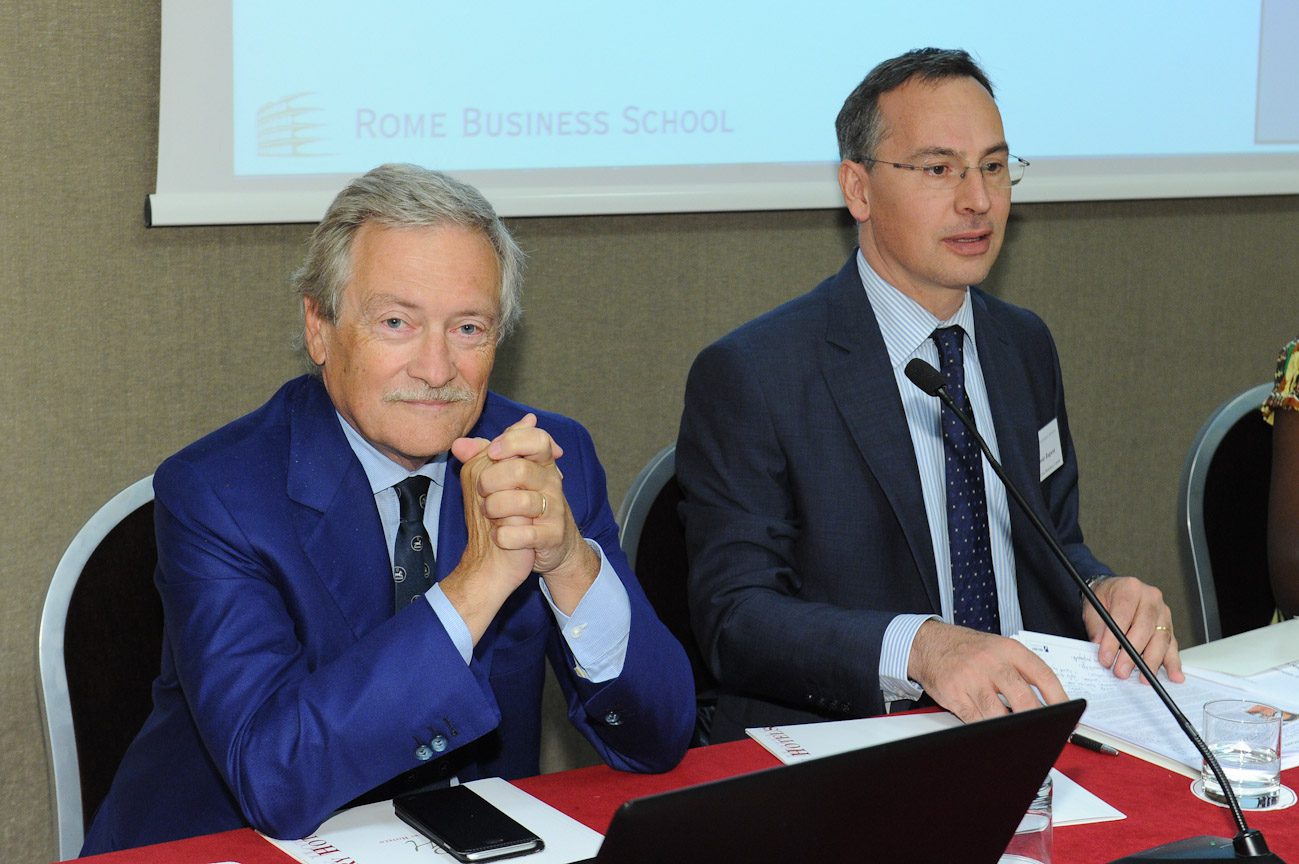Interview with Diego Masi, author of the book "Exploding Africa"

Communication, politics, and solidarity: this is the profile of Diego Masi.
He started working in Advertising and he founded in 1972 “Promotions Italia” that became the first Promotion Marketing Agency in Italy for 37 years. Diego Masi has been president of ASSOCOM, the main association of all communication agencies. Masi was also involved in politics: from town hall member of Milan for two terms (1985-1993) to the Italian National Parliament in ’94 being president of one of the parliamentary group of deputies and Vice-Minister of Internal Affairs. Been president of Action Aid Italy for 6 years, now he is chairman of Alice for Children by Twins International, a Ngo that operates in the slums of Nairobi to help vulnerable children and Agricola Pro Bono that recuperates fresh food and give to homeless soup Kitchens. Masi is also the author of many books. The most recent are: “Go green- a way to green communication”; “Expo 2015; the Italian challenge”; “From predators to entrepreneurs- corporate giving and Social Innovation” and now “Exploding Africa” on the future of the continent.
Why the “Exploding Africa” title? How is the continent “exploding”?
«First of all, from a demographic point of view: we are talking about a continent that, although it is the only one contributing to the world’s population growth, at the same time is not part of the development, at the edge of the great ball of globalization. Today, the continent has 1.1 billion inhabitants who, in 2050, will become 2 billion. The fallout will also affect urbanization, which adds more weight to social risk: 70% of all Africans will live in cities. The continent is plagued by wars and by substantial climate change, while most of its countries are in the hands of greedy dictators. On average, daily wages are roughly 5 dollars per person, but the wealth concentration curve is extremely steep. Only 6% of all Africans reaches the yearly threshold of 10,000 dollars».
«On average, the continent’s GDP is increasing by 3.5-4%, but this is not enough. With such a low growth and with the illicit use that those in power make of its natural resource, it will be almost impossible to set up a virtuous circle based on the Chinese model, which has grown by double figures year after year, creating internal wealth: essentially, in Africa, the lack of development freezes incomes. The essence of this context is poverty: more than 70% of the population, especially in the sub-Saharan region, lives on less than one dollar a day».
But is there a development plan?
«Faced with its young population (remember that 60% of the African population is made up of young people who, often, are “trained” but unemployed) Africa does not have any plans. It can only offer modest opportunities. The waste or cheap sale of its natural resources does not bode well in terms of the setting up of any significant youth employment initiatives. Advancements in robotics and the consequent automation of work, of which the common populace does not even have a hint, will make things much worse. Africa creates wealth for 2,328 billion dollars (less than France alone!), but a third of this (738 billion) comes from its northern countries, Libya excluded, that are the most advanced. What is left of this wealth, 1,590 billion, is generated in the roughly 44 sub-Saharan countries, but with a very heterogeneous distribution».
How does Europe fit within this scenario?
«Our continent insists in neglecting an important aspect: the GDP of the whole of Africa is equal to that of Italy. It would be therefore useful to consider this concept in order to reach an objective forecast: the outflow of people will keep increasing. Emigrating remains the only chance for young people, both men and women, who do not see any future in their own countries. And let’s be clear; under the current circumstances, there is no future. In 2013, African émigrés sent home the grand sum of 60 billion dollars, roughly equivalent to the public development aid. For them, it’s a winning situation: the strongest leave and the whole village—that is, the social organization unit— mobilizes itself to support them financially because it knows that they will get it all back with interest».
From where should we start again?
«Instead of exorcizing the problem by closing the door and its ports, building walls, and squabbling over migrants to assuage our fears, Europe should put in motion a plan to “adopt” Africa; no longer by showering Africa with aid to placate its guilt, but by exporting its companies, by working with Africans in their own countries, linking the word “collaboration” with payments made through the riches that belong to the continent. It should act like China has been for a while now, the hands of which are extending over Sudan, Congo, Mozambique, and Zambia. We should invest in making this continent safe and in making it into a subsidiary for food, raw materials, and energy reserves. In this game, if Africa loses, Europe and Italy will face a nightmare scenario».




